All about the profession of mechanical engineer
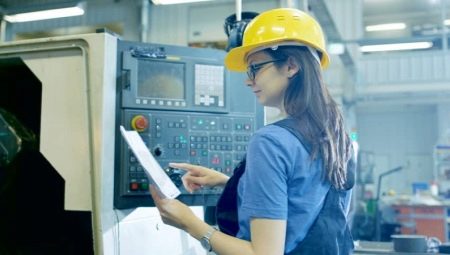
Traditionally, all people are usually divided into 2 large groups: the humanities and people with a technical mindset. The most typical profession for the latter is mechanical engineer. Today, in our material, we will consider the features, pros and cons of this profession, and also learn about what is the responsibility of highly qualified specialists.
Peculiarities
Before choosing this specialty and undergoing specialized training, it is important to carefully study the description of the profession. So, A mechanical engineer is the person who designs, constructs, and operates mechanical equipment. In order to become as successful as possible in this profession, you need to love and understand disciplines such as physics and mathematics.
Specialists in the mechanical engineering industry are involved in the creation of wealth, they work in almost all areas of human life (for example, in the field of electronics or in the production of rockets for spacewalk).
To perform work tasks, a mechanical engineer must have deep theoretical knowledge, as well as be able to apply it in practice.
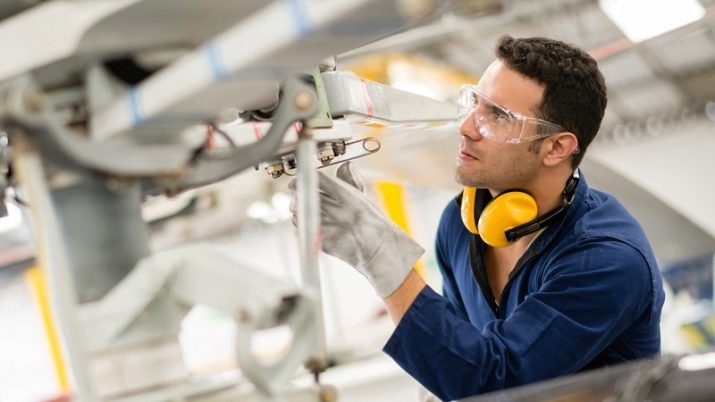
Today, a number of highly specialized mechanical engineers can be distinguished, for example:
- electromechanic;
- specialist in automation and mechanization of production processes;
- servicing vehicles;
- mechanical constructor;
- machining engineer;
- leading mechanical engineer and many others.
All these specialists carry out their professional activities strictly in accordance with such a document as a professional standard - it regulates all the features and principles of work.
Most often, mechanical engineers specialize in one of 3 industries. For example, a specialist can be a designer, technologist, or tester. Let's consider these narrow specializations in more detail.
- Constructor Is a specialist who, on a daily basis, in the course of performing his work tasks, designs and constructs a variety of machines and apparatus. In addition, his direct duties include the comprehensive mechanization of all production.
- Technologists are engaged in the organization of the processes of installation and debugging of machines and devices that the designer has created. Among other things, the specialist develops and organizes technological processes.
- Tester checks created and debugged machines. He is also responsible for the operation of the equipment and creates the best conditions for their correct functioning.
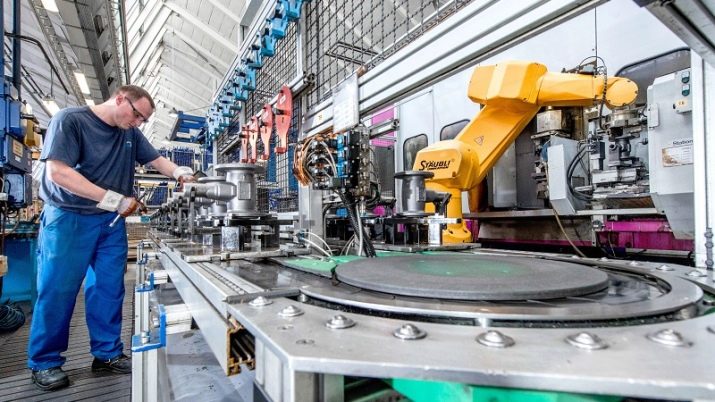
Regardless of the specific specialization, the working activity of a mechanical engineer, like any other activity, is characterized by its own advantages and disadvantages.
So, among the advantages, the following features should be highlighted:
- high level of demand in the labor market (accordingly, you will definitely not be left without a job);
- a wide variety of specializations (thanks to which you can choose the branch of activity that arouses your greatest interest);
- high wages (despite the fact that each of us strives to get a profession that will bring pleasure, the main function that any work performs is the material support of our life).
Among the disadvantages of the specialty, it is customary to distinguish:
- high risk of injury (this is due to work in production with large machines and mechanisms);
- harmful working conditions (in factories, mechanical engineers very often experience the negative effects of noise and vibration).
Thus, the advantages outweigh the disadvantages. However, it is important to evaluate all characteristics in advance, both positive and negative.
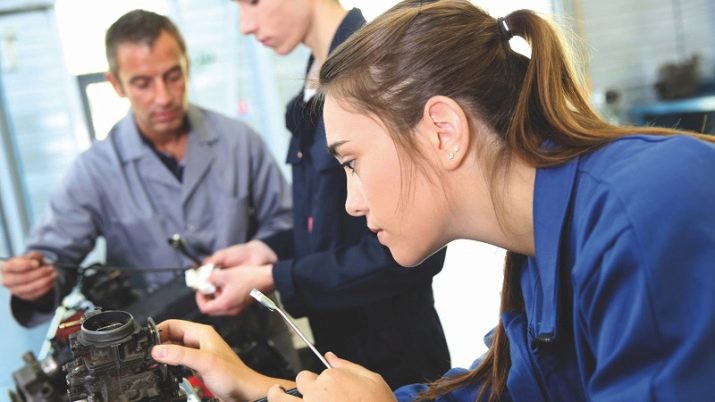
Responsibilities
The unified tariff and qualification reference book of jobs and occupations of workers (or ETKS) contains a description of the professional activities of a mechanical engineer. In addition, the job duties and functions that a person in this position is engaged in on a daily basis are spelled out in a special document - job descriptions. Before you officially find a job at the company, you should carefully study these documents in order to clearly understand the scope of the proposed work, as well as the requirements that the employer puts forward to you. Consider your options soberly before accepting a job offer.
The functional responsibilities of a mechanical engineer include:
- verification of specialized technical documentation;
- development of a plan for the placement of technical equipment;
- correct organization of workplaces at the enterprise;
- making the necessary calculations regarding the production capacity and the permissible load of the existing equipment;
- control over technological processes;
- checking the correctness of welding and assembly of equipment;
- constant monitoring of equipment operation;
- identification of malfunctions, breakdowns and defects;
- diagnostics and technical inspection of equipment;
- implementation of repair work in relation to mechanisms and apparatus;
- creation of new equipment;
- development of the most economically efficient ways of using equipment.
It should be borne in mind that this list of responsibilities is not universal or definitive... It can be modified or supplemented depending on the specific place of work, your specialization, as well as the wishes of the employer.Thus, you need to clarify in advance the terms of reference for employment at each new place of work (for example, this can be done during a personal interview), and also be ready to adapt to new conditions.
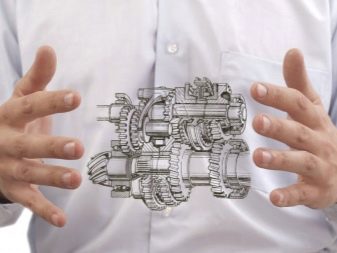
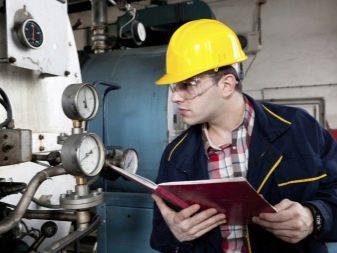
Knowledge and skills
In order for a mechanical engineer to be able to perform his work tasks as efficiently and correctly as possible, he must know a lot and be able to. So, the following characteristics can be attributed to the most important professional and personal qualities of a specialist:
- possession of such specialized programs as AutoCAD, SolidWorks, CorelDraw, SCAD, KOMPAS-3D;
- high theoretical training;
- knowledge of drawing and descriptive geometry;
- knowledge of materials science;
- developed memory and attention;
- the ability to apply knowledge theoretically in practice;
- knowledge of automation and automation of production processes;
- endurance;
- physical health;
- Analytical mind;
- logical thinking;
- persistence;
- purposefulness.
Thus, we can conclude that in order to be a successful and in-demand specialist, it is not enough to have only professional knowledge, skills and abilities.
It is important to combine a number of psychological qualities and personality characteristics. Only in this case can you achieve maximum success in the profession.
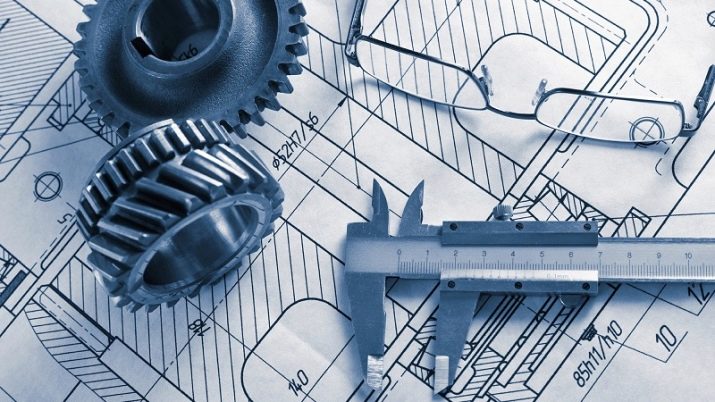
Education
In order to become a mechanical engineer, you need to obtain the appropriate qualifications. To do this, you need to graduate higher educational institution in a related specialty... Depending on what level of higher education you want to get, the learning process can last from 4 to 6 years (sometimes even more).
After you have made the decision to obtain the specialty of a mechanical engineer, you need to start selecting a university. At the same time, it is recommended to pay attention to prestigious institutions with a corresponding faculty. For example, many employers give preference to those specialists who studied in the capital. They are considered to receive a high-quality theoretical background and also receive high-quality practical training. Thus, a young specialist who comes to work at an enterprise can independently perform his functions, without outside help. After you have decided on a specific university, you need to visit the admissions office and find out in detail what subjects you need to take for admission. Please note that the competition for applicants is large enough, so you need to carefully prepare.
However, even after successfully entering the university, you should not relax. Pay more attention to your studies and get the highest possible grades - the thing is that some employers ask applicants for the position of mechanical engineer for an excerpt from a grade book or from a diploma. At the same time, those specialists who received the highest scores will have a greater chance of getting a job. Also, important attention should be paid to internships and internships, which are an integral part of obtaining specialized education. Upon completion of training, you can start looking for a job. However, even after that do not forget to constantly develop and improve: attend specialized seminars, conferences and master classes to keep abreast of all the latest trends.
Important! For some employers (especially small businesses), a diploma from a college, institute or technical school is sufficient. In order to clarify this information, carefully study the job description.

Where to work?
A mechanical engineer can apply his professional knowledge in almost any area of human life: for example, a specialist can be associated with cars and the automotive industry, work in production, be a ship specialist, and much more. Generally, there are several of the most popular areas of activity for such specialists:
- construction;
- agriculture and agro-industrial complex;
- mining industry;
- the science;
- nuclear power.
At the same time, it is important to note the fact that regardless of the specific field of activity, specialists receive high salaries (above average)... So, the material remuneration for the work of mechanical engineers on the territory of our state varies in the range from 30,000 to 90,000 rubles. Moreover, experienced and highly qualified specialists can receive even more.
After graduation, it is best to look for and apply for starting (or initial) positions. Thus, you will be able to gain experience, as well as apply your theoretical knowledge in practice. Over time, this will help you move up the career ladder.









